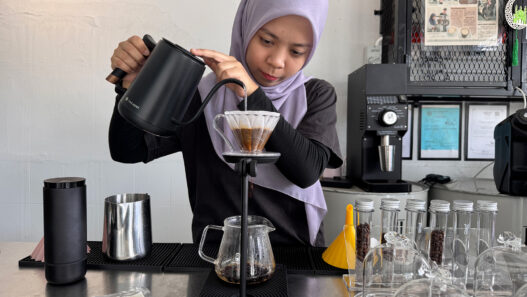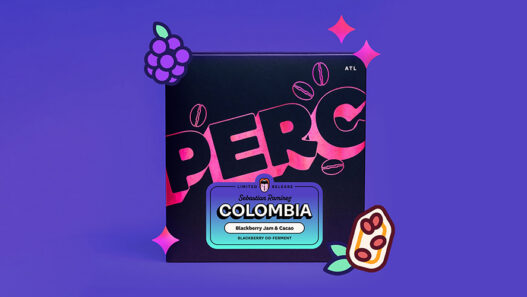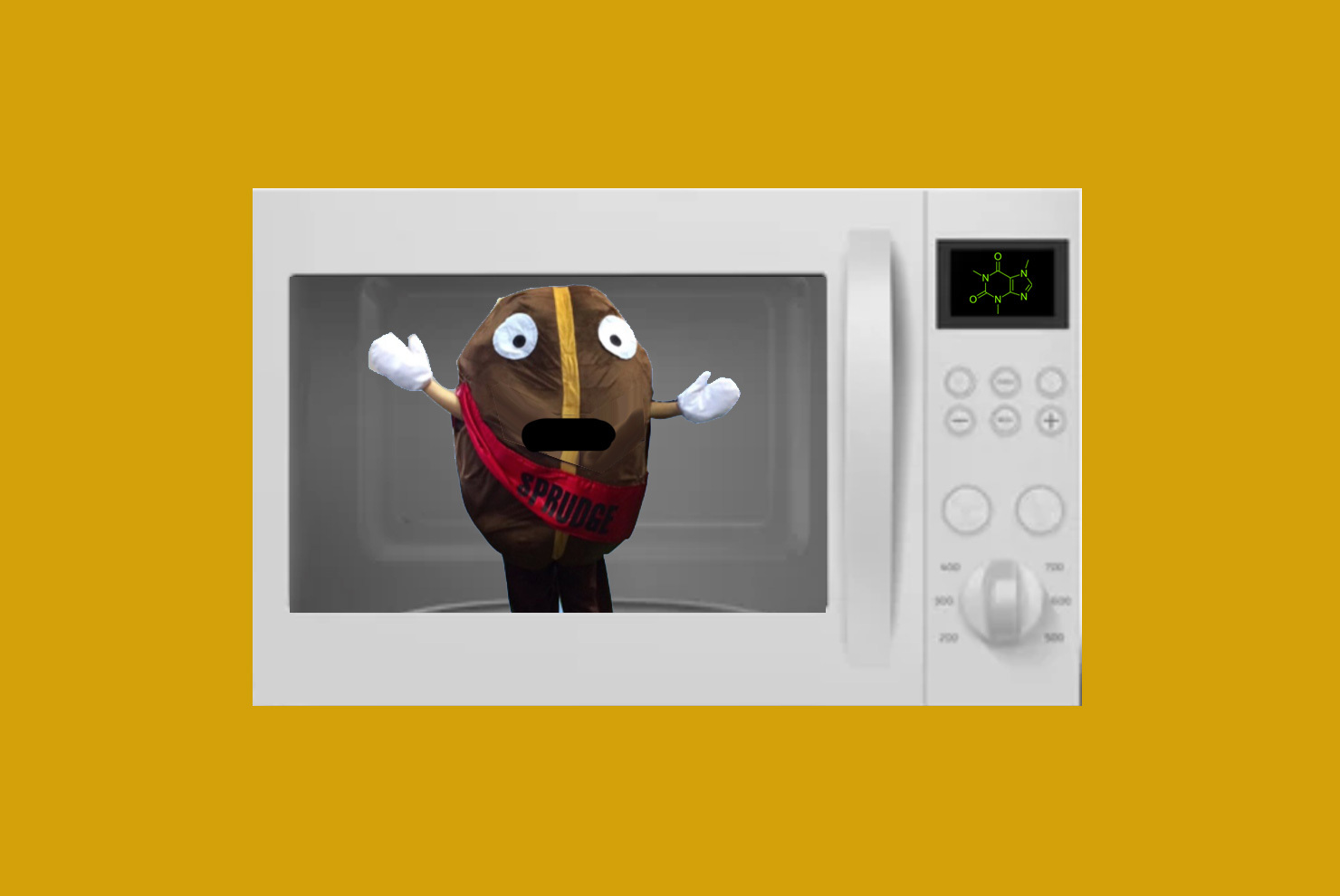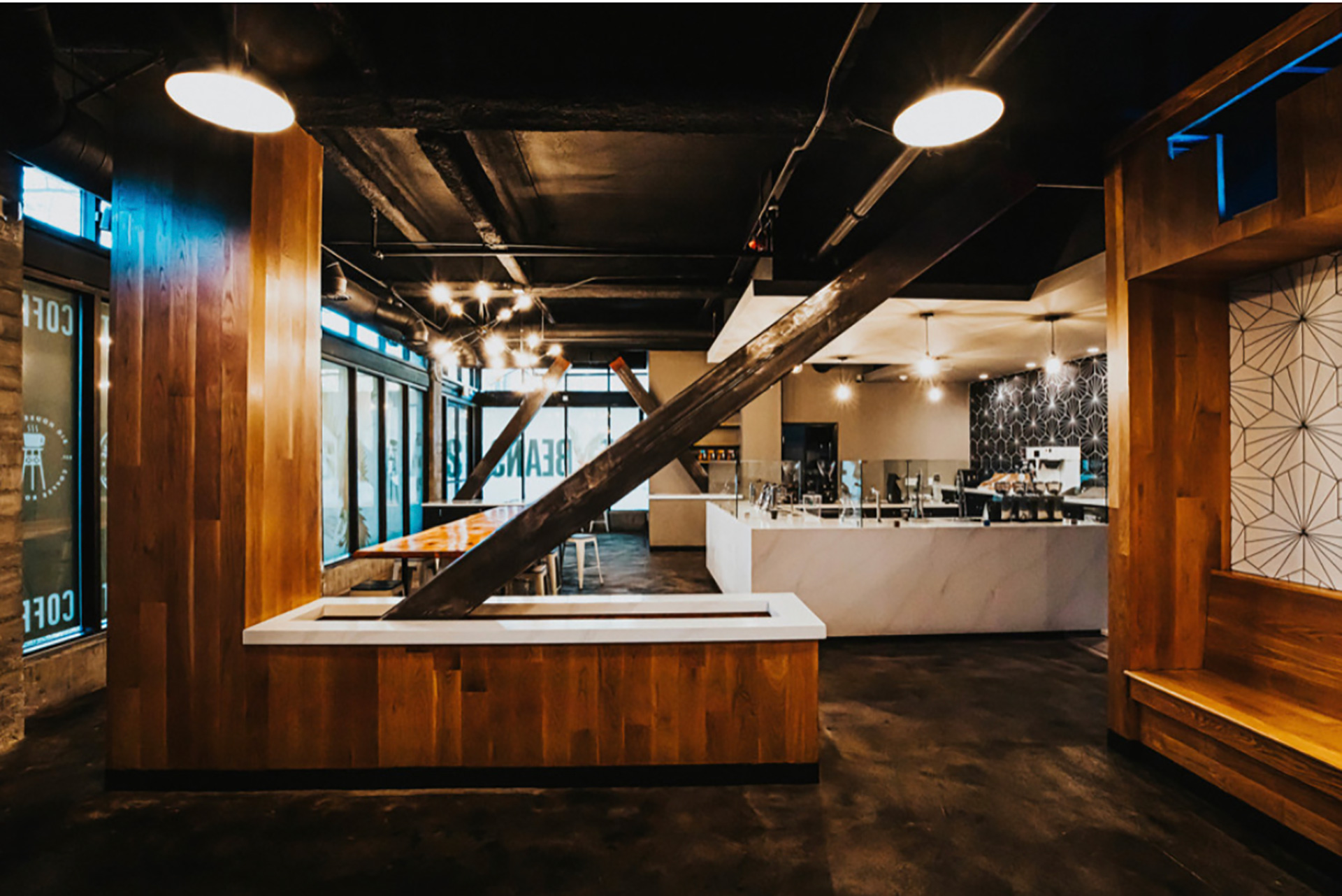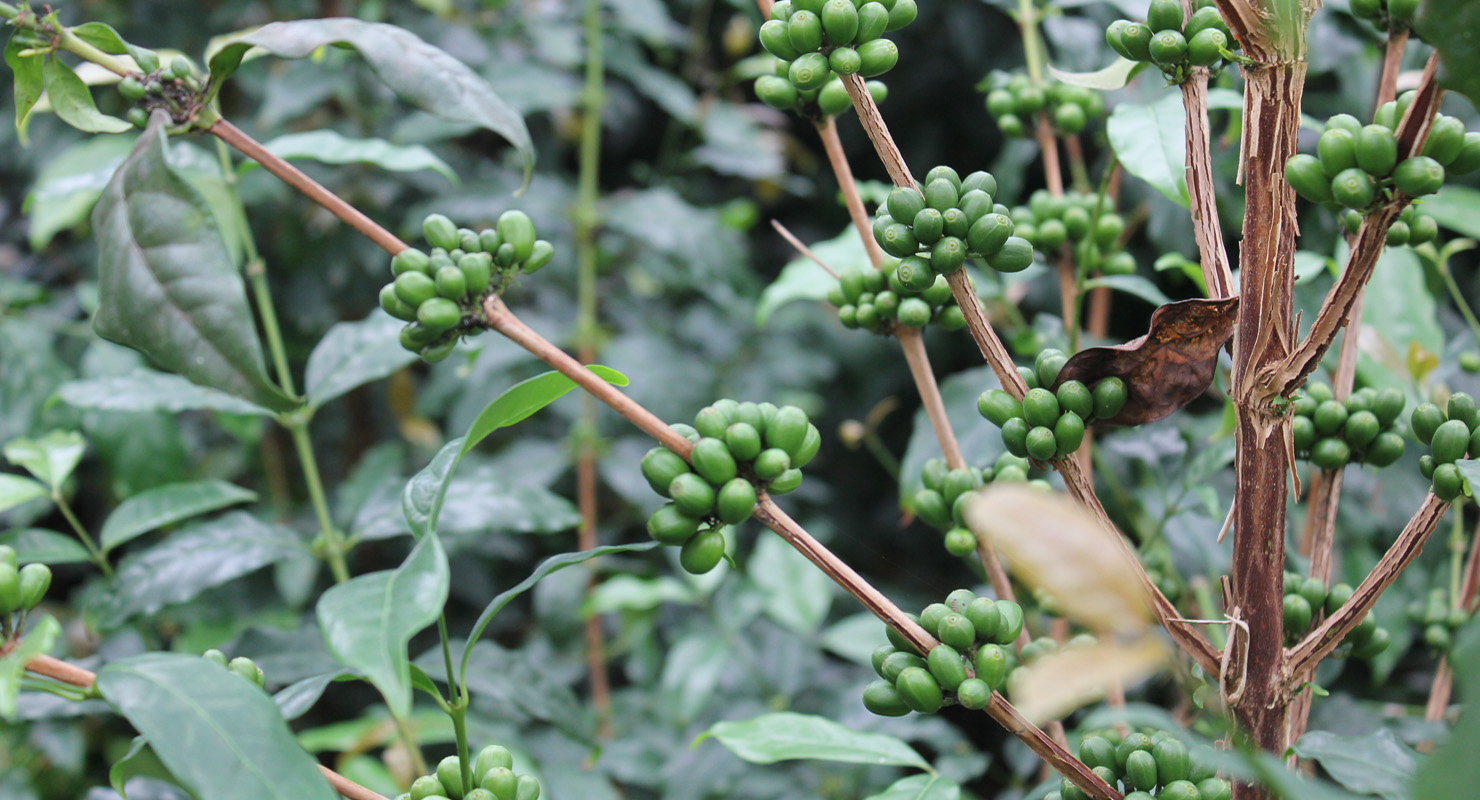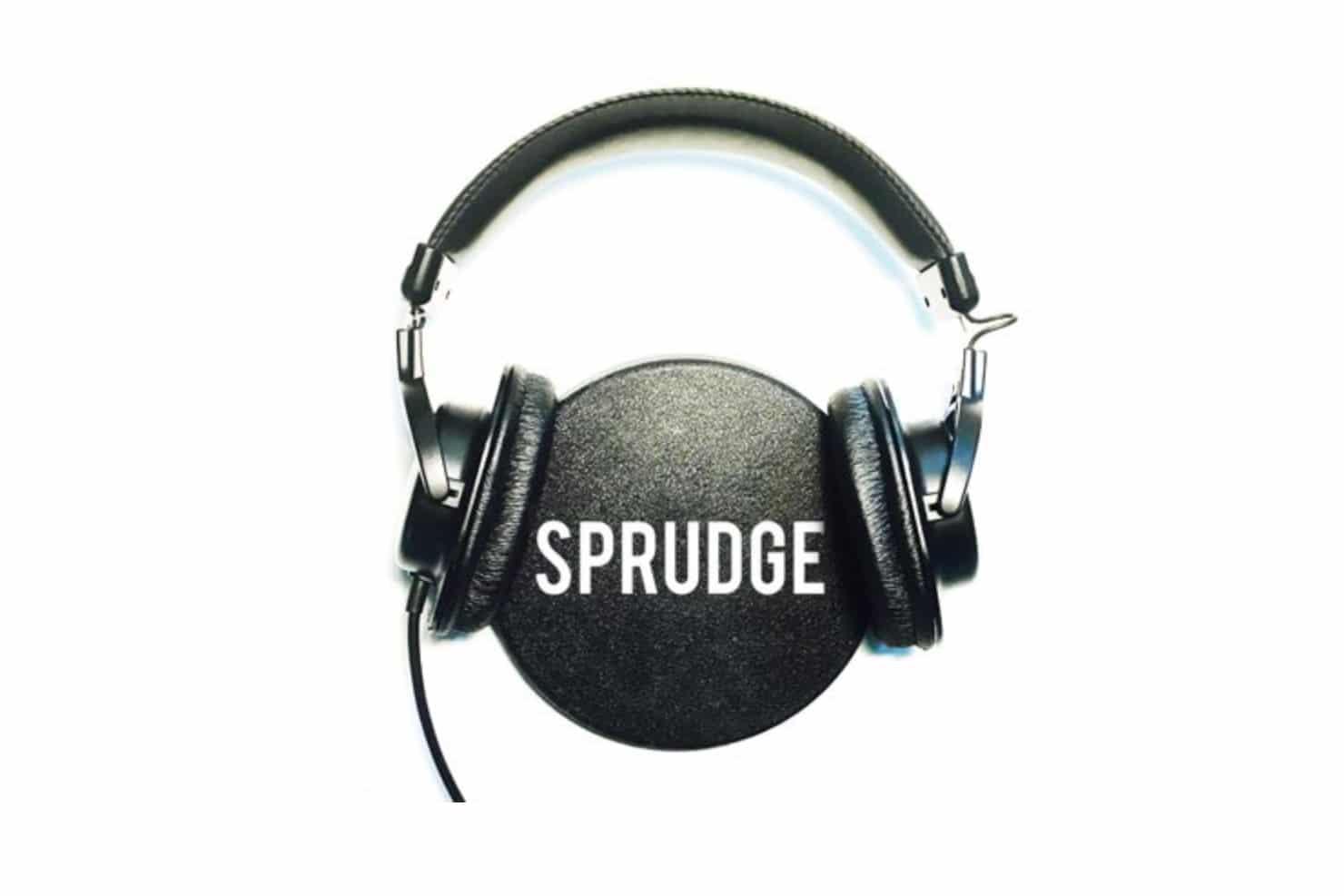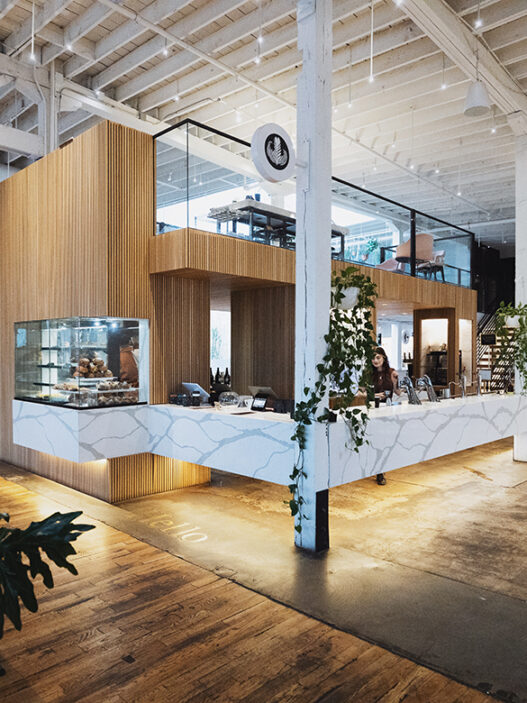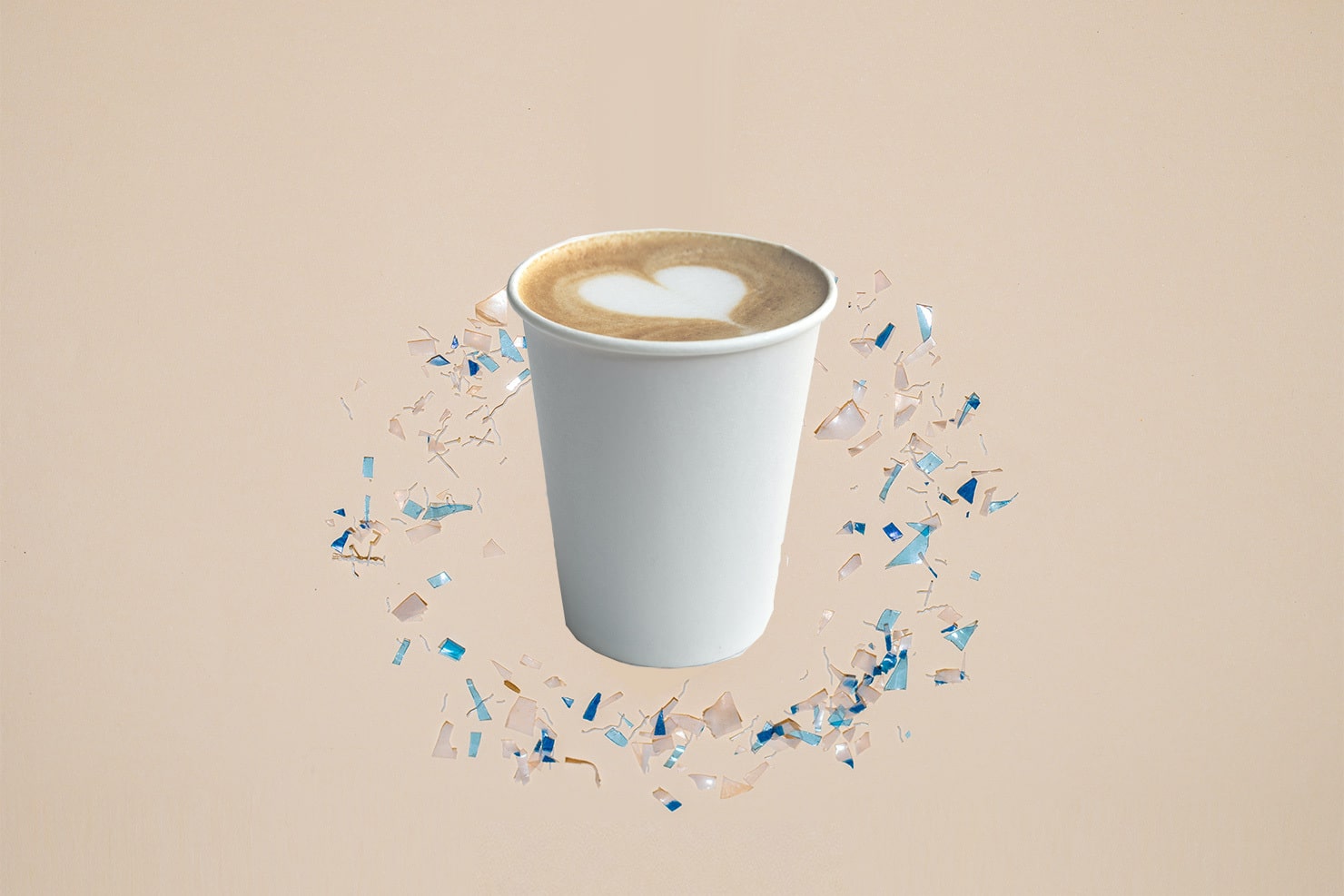Did you know that some folks believe—or are at least concerned it may be true—that reheating coffee causes it to lose caffeine? I have to admit, I had never heard this before, and while my first reaction is to dismiss it—reheated coffee tastes more bitter and caffeine is bitter, so if anything, reheated coffee would have more caffeine somehow, right?—the more I sit and stew with it, the more I have to have to admit that I don’t have the first clue if it is actually true or false.
Ask Jeevesing “does coffee lose caffeine when reheated?” reveals that this is a pretty common question not-know-it-alls like myself have, with over 130,000 search results on the quandary. So to get to the bottom of it once and for all, Inverse interviewed one of coffee’s premier chemists, Water for Coffee’s Dr. Christopher Hendon, to learn what happens to caffeine as coffee gets old and reheated.
To cut to the chase here, Dr. Hendon states that under almost all circumstances, reheating coffee won’t cause it to lose caffeine. Caffeine, he notes, is a “pretty stable organic molecule” and because of this, the total number of caffeine molecules in your cup is unlikely to change over the course of cooling and/or being reheated. In order for the caffeine molecule to break down, Dr. Hendon states that it would have to go through sublimation, a process through which a solid turns into vapor. For caffeine, that means you’d have to heat your coffee up to over 350°F, which would require you to use your stove in order to get it that hot; your microwave simply won’t cut it. In short, the caffeine isn’t going anywhere.
While the origin of the caffeine myth is unknown, Dr. Hendon posits that it may be due to our perception of how coffee affects us throughout the day. Your first cup of coffee, for instance, perks us up and gives us a big boost in alertness. The rest of the cups throughout the day offer diminishing returns in this regard—sometimes even causing us to feel sleepy—so if you are a person who reheats their mid-day coffees, you may be inclined to think those second and third cups in the afternoon are losing caffeine as opposed to having a weakening effect.
Though caffeine isn’t lost when you nuke it, reheating your coffee will have some effects on the flavor, mostly negative, per Hendon. As coffee becomes less fresh, it loses the volatile compounds that give it its desirable flavors. Reheating coffee hastens this process, which could lead to a dip in the coffee’s overall flavor.
If you are going to reheat your coffee, Dr. Hendon suggests using the microwave as opposed to the stovetop, because it will heat it up more quickly, allowing less time for the volatile compounds to degrade. Or, you could do like I do, and just drink all your damn coffee because it’s a magical elixir and wasting even a drop is a travesty. Getting a nice thermos helps, too.
Zac Cadwalader is the managing editor at Sprudge Media Network and a staff writer based in Dallas. Read more Zac Cadwalader on Sprudge.




